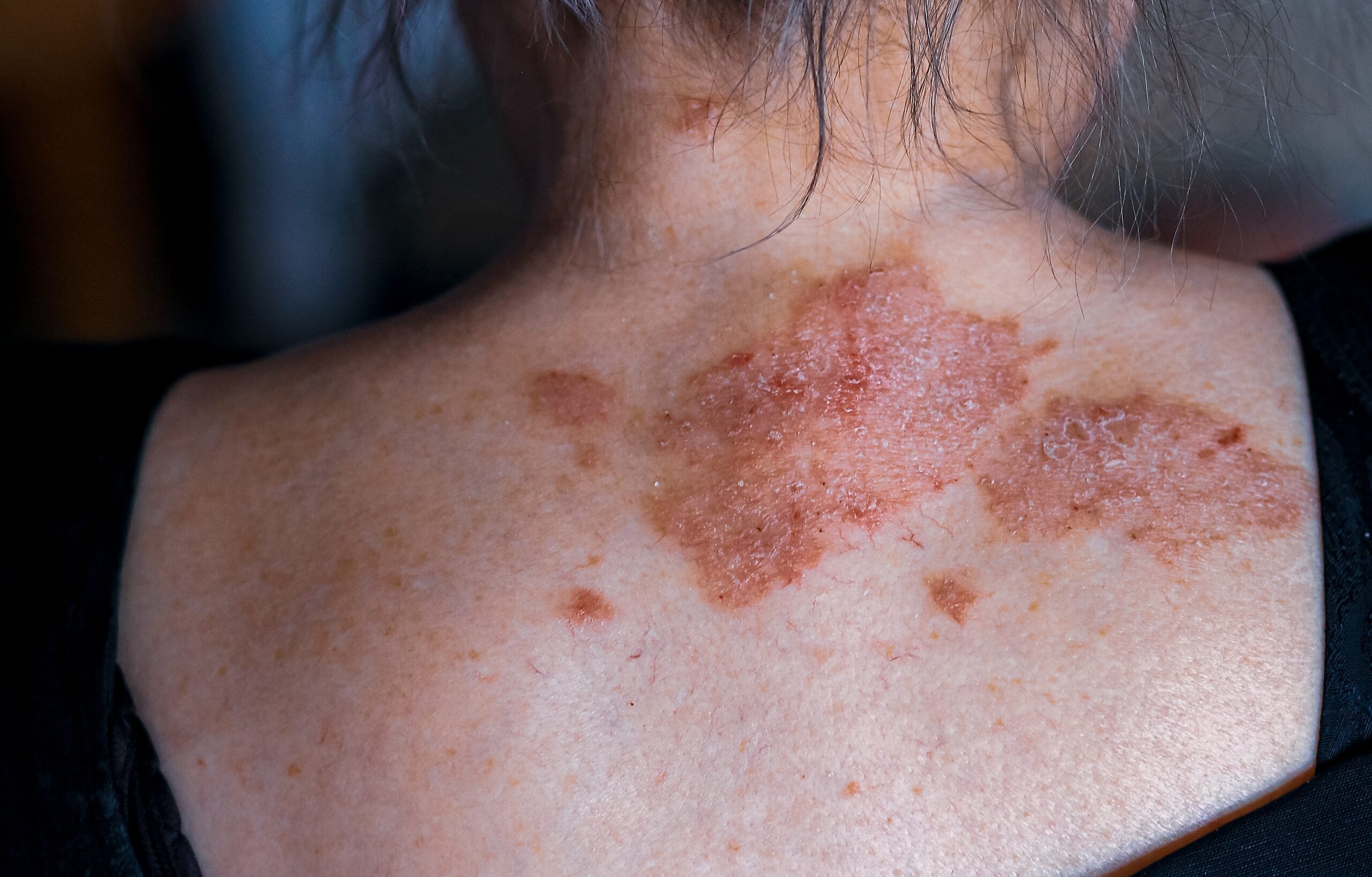The eDermastamp is a clinically approved medical device designed to improve a wide range of skin concerns, including fine lines and wrinkles on the face and décolleté, aging or sun-damaged skin, acne scars, surgical scars, and stretch marks. This device utilizes microneedling technology, also known as collagen induction therapy, to trigger the skin’s natural repair and regeneration processes—ultimately promoting healthier, clearer, and more youthful-looking skin.
Microneedling is a minimally invasive, non-surgical, and non-ablative skin rejuvenation procedure. Using the eDermastamp, fine needles—typically around 0.5 mm in length—are used to create controlled micro-injuries in the skin. These microscopic punctures stimulate a wound-healing cascade without causing significant surface damage, making recovery quick and well-tolerated.
Each microchannel created by the eDermastamp closes within 10 minutes, preserving the integrity of the skin’s protective barrier. The process targets the superficial dermis, injuring collagen fibers and small blood vessels, which prompts the release of platelet-derived growth factors, TGF-α and TGF-β3, connective tissue growth factor, and fibroblast growth factor. This leads to neocollagenesis (formation of new collagen), neovascularization (formation of new blood vessels), and a visible improvement in skin firmness, texture, and hydration.
Microneedling is widely used in clinical dermatology for treating acne scars, burn scars, surgical scars, dyspigmentation, melasma, stretch marks, and fine lines or deep wrinkles. The treatment is safe and generally well-tolerated, with minimal downtime. A topical anesthetic is applied before the procedure to ensure patient comfort. The eDermastamp is moved across the skin in a precise pattern, creating uniform micro-injuries to promote consistent results.
After treatment, some dryness, redness, mild swelling, and scaling may occur. These effects typically resolve within a few days depending on the depth of needle penetration. Sun protection is essential for several weeks post-procedure to protect the new skin and prevent hyperpigmentation.
Visible skin improvement can be seen within 2 weeks, but the most significant results are generally observed between 6 to 8 months as new collagen fully develops. For moderate acne scarring, 3 to 4 treatment sessions are recommended, while fine lines and wrinkles may benefit from one to two maintenance sessions annually.
A landmark systematic review published in 2020 in the Journal of Cosmetic Dermatology analyzed 33 clinical studies on microneedling for acne scars. The review found that all included studies reported noticeable improvement in scar appearance following microneedling, reinforcing its efficacy as a standalone therapy. However, comparisons with other treatments such as fractional lasers or combination therapies yielded mixed results, suggesting the need for further research. Notably, a separate split-face trial demonstrated that combining fractional microneedle radiofrequency with an ablative laser resulted in greater improvements in scar reduction and inflammation than laser treatment alone.
Centre for Medical and Surgical Dermatology offers microneedling treatment called Fractional Collagen Induction Therapy to treat patients with scars (acne and surgical), melasma, alopecia, and photodamage. For more information, visit the following link: https://cmsderm.ca/medical-services/skin-care/



